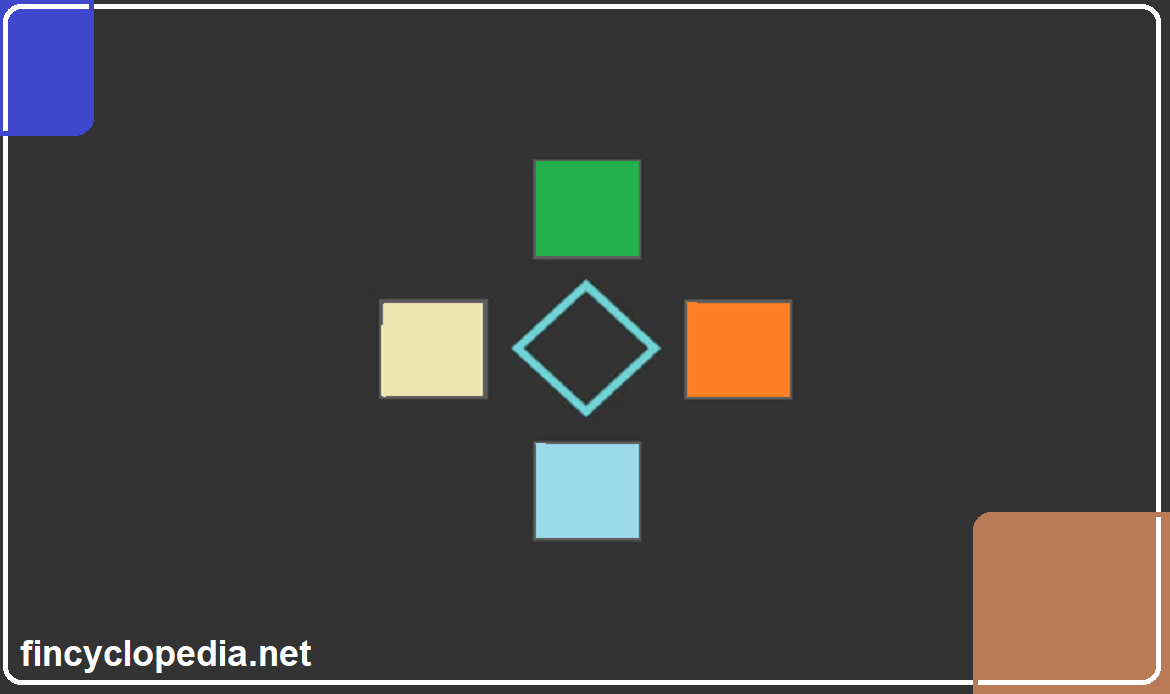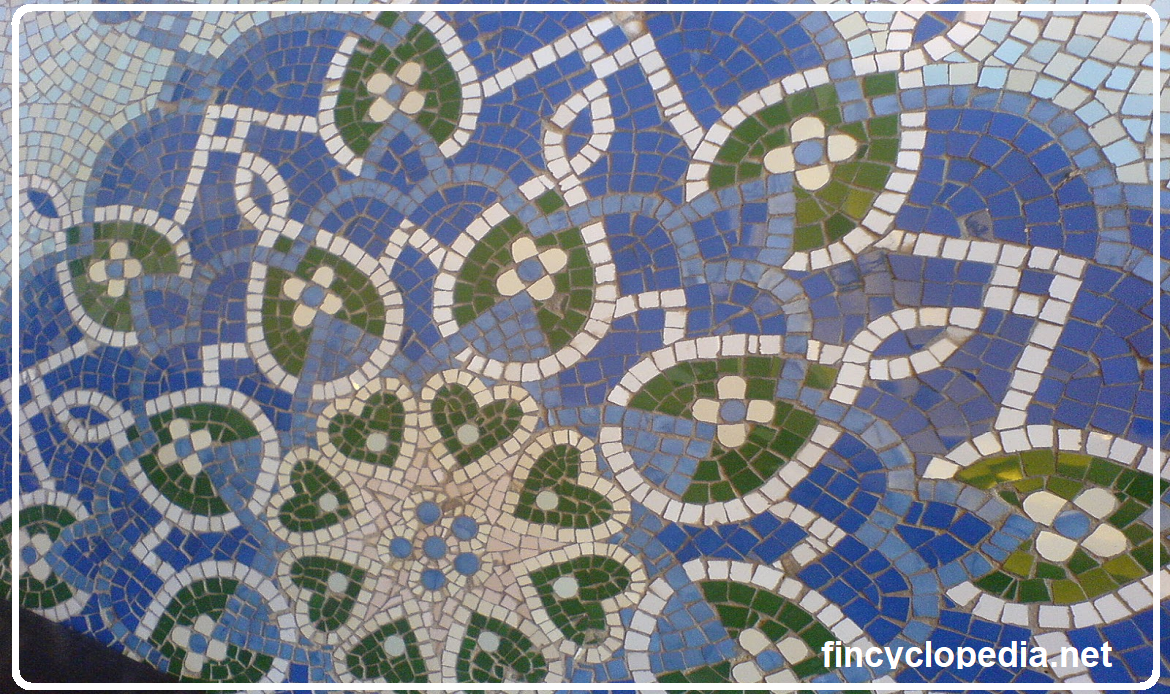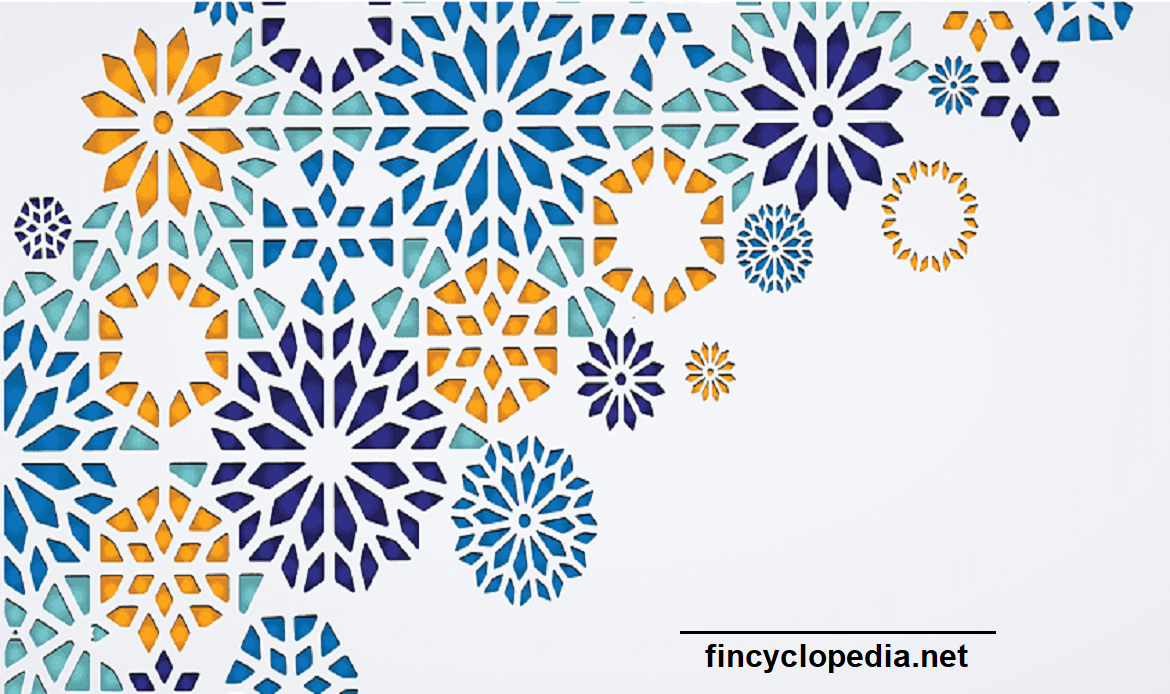Qard (qardh) is an Islamic equivalent of loan, though it is an interest-free loan. It is defined as the transfer of ownership in fungible wealth (mithliaat) to a party on whom it is binding to give back to the owner a similar amount of wealth by maturity date.
Shari’a doesn’t permit the stipulation of a commutative contract (ba’i, sarf, ijarah, etc) within the contract of qardh. The basis of prohibition can be found in the Prophetic hadith (maxim): “combining a salaf (qardh) and sale is not permitted” (Sunan al-Termezhi, Bab al-Buyu’-1234). This indicates the impermissibility of combining a qardh contract and a sale contract in one transaction. This prohibition is based on the shari’a-impermissible consequences of this combination: it creates an excess (undue benefit) in qard as the buyer or seller could be under pressure to accept the terms of sale just in order to obtain the qardh. This excess is nothing less than riba or it is said to be opening the door to pay or receive riba.
In essence, shari’a is particularly keen to prevent or block such means that may lead to illegitimate gains (through sadd al-dhara’i). Furthermore, the stipulation of a commutative contract within a contract of qardh diverts the latter from its real meaning and purpose which is to facilitate interest-free financing. By nature, the contract of qardh doesn’t belong to the class of commutative contracts. On the contrary, it is a contract based on ihsan (benevolence doing good) and tabarru’ (gratuitous contract), and any stipulation of compensation therein would render it invalid. If qardh is attached to a commutative contract, both contracts would be nullified due to the serious shari’a violation this combination gives rise to.







